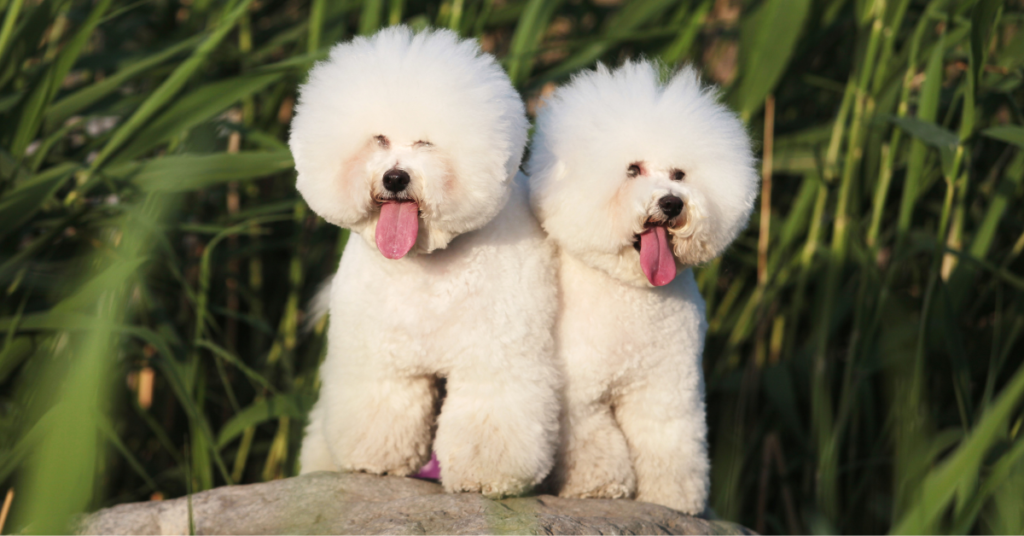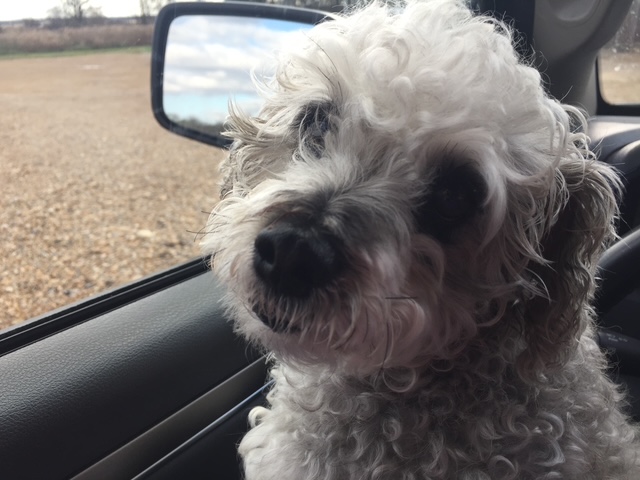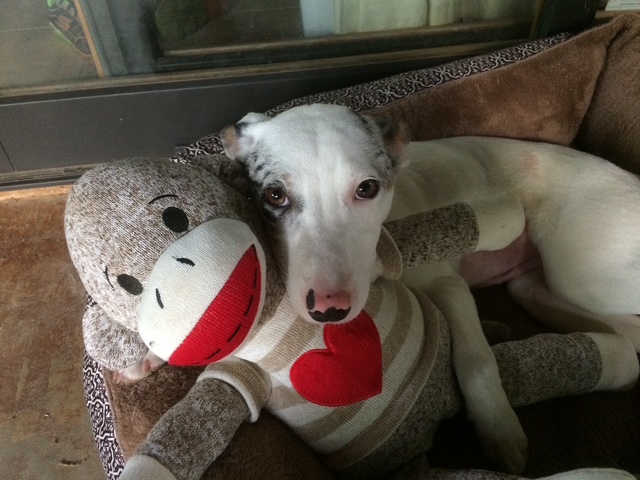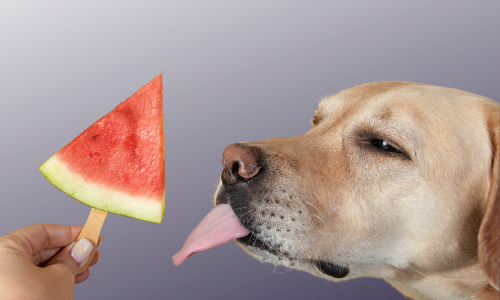The Bichon Frise is a cheerful, cloud-like companion dog known for its affectionate nature, playful personality, and signature white, fluffy coat. Originally bred as a companion for nobility, the Bichon Frise has remained a favorite lapdog for centuries and is adored today by families, seniors, and apartment dwellers alike. With its merry disposition and hypoallergenic coat, the Bichon Frise is a delightful pet for those seeking a loving, low-shedding breed.
*Disclaimer: This Post May Contain Affiliate Links. This Means That I Receive A Small Commission At No Extra Cost To You Should You Click Through And Make A Purchase. Learn More On My Policy Page
Breed Characteristics
- Breed Category: Non-Sporting Group / Companion Dog
- Size: Small (10–20 lbs)
- Coat Length: Medium to long, curly
- Shedding: Low
- Hypoallergenic: Yes
- Grooming Requirements: High; regular brushing and professional grooming
- Life Span: 12–15 years
- Activity Level: Moderate
- Temperament/Personality: Friendly, playful, affectionate, sociable
- Intelligence: High
- Trainability: High; eager to please
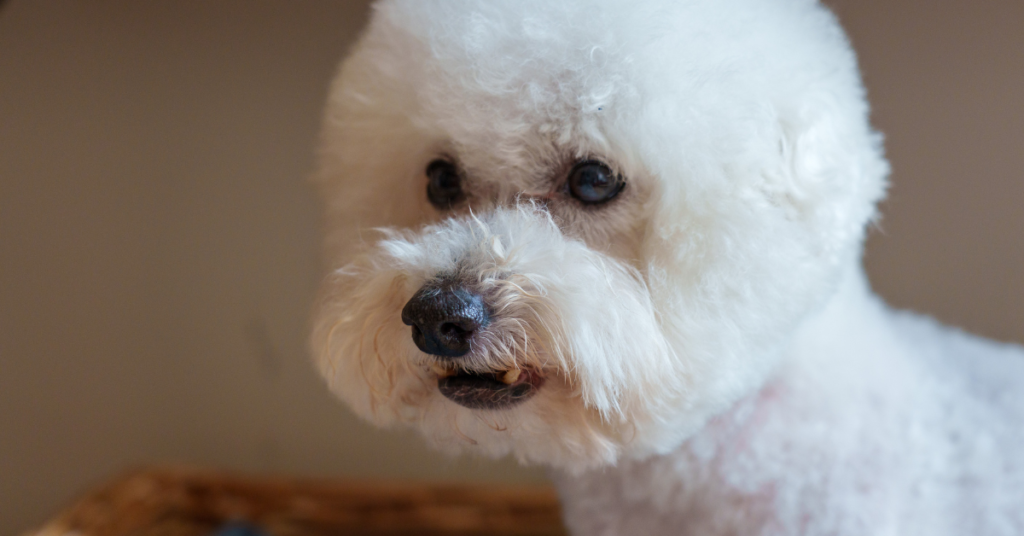
Origin and History
The Bichon Frise is believed to have originated in the Mediterranean, with its ancestors being the Barbet and Water Spaniels. These dogs became popular in France, Spain, and Italy as companions of nobility and sailors. In France, they rose to prominence in royal courts but later became street performers’ dogs during the French Revolution. The breed was revitalized in the 20th century and is now cherished worldwide as a charming and loyal pet.
Appearance and Physical Characteristics
The Bichon Frise is small, sturdy, and squarely built, with a fluffy white coat that gives it a “powder puff” appearance. The coat is soft and curly, and while it requires regular maintenance, it sheds very little. Their round, dark eyes and black nose give them an alert and endearing expression. Their tail arches gracefully over their back, and their cheerful gait matches their sunny temperament.
Temperament and Personality
Sweet-natured and affectionate, Bichons are excellent companions who thrive on human interaction. They are known for their cheerful and playful attitudes and are especially good at lifting their owners’ spirits. They get along well with other pets and are typically friendly with strangers. Their social nature makes them prone to separation anxiety, so they do best in homes where someone is often around.
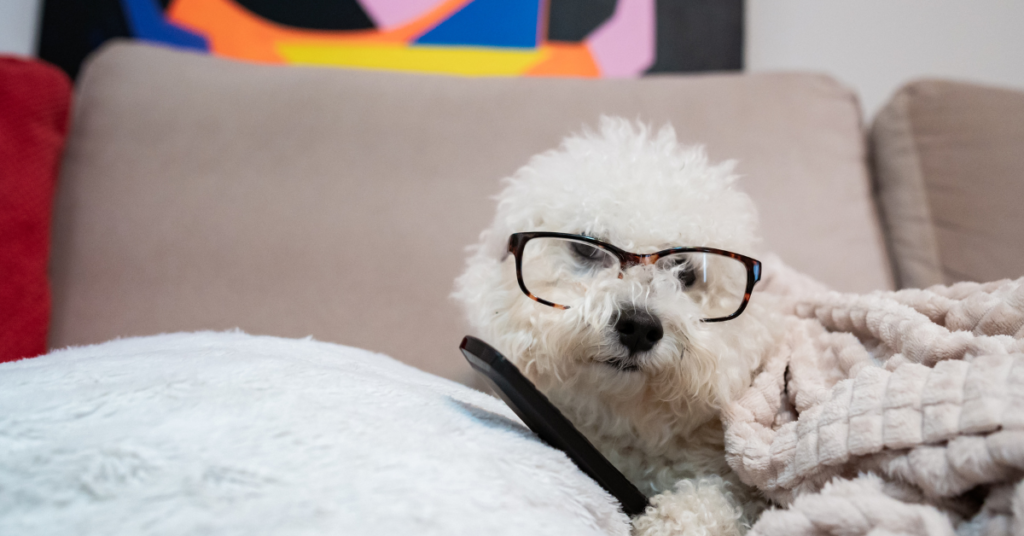
Intelligence and Trainability
The Bichon Frise is an intelligent and trainable breed that responds well to positive reinforcement. They enjoy learning new tricks and excel in obedience training. Their eagerness to please and sociable personality make them great candidates for agility and therapy dog work. However, consistent training is key, especially with housebreaking, as small breeds can be stubborn at times.
Compatibility with Children and Other Pets
Bichons are gentle and loving with children and tend to get along well with other pets. Their playful energy makes them great playmates, and they’re usually tolerant and friendly. Their small size means young children should be supervised during playtime to avoid accidental rough handling, but overall, they’re ideal family dogs.
Health and Nutrition
While generally healthy, Bichons are prone to allergies (especially skin and food-related), dental issues, and luxating patellas. Regular vet checkups, dental cleanings, and a nutritious diet are essential for maintaining their health. Choose high-quality food formulated for small-breed dogs and monitor their weight to avoid obesity, which can strain their joints.
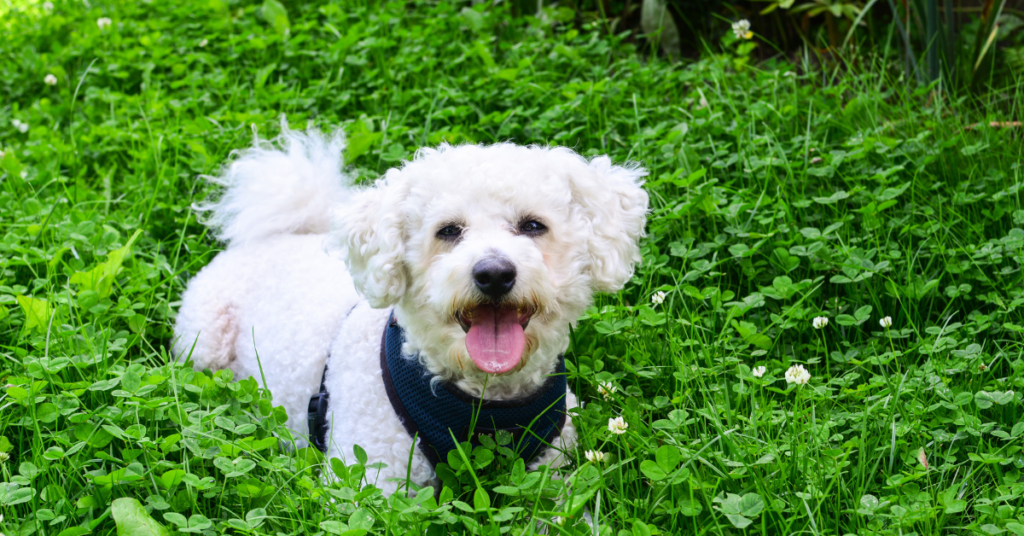
Exercise and Activity Level
While not hyperactive, Bichons do need daily exercise to stay healthy and happy. A couple of walks a day, indoor play, and social time will suffice. They enjoy interactive games and benefit from mental stimulation through toys and training. Their compact size and adaptable energy levels make them great for both active families and relaxed households.
Grooming Needs
The Bichon Frise requires regular grooming to keep its coat healthy and mat-free. Daily brushing helps prevent tangles and keeps their white coat looking clean. Professional grooming is recommended every 4 to 6 weeks to maintain their signature look. Regular ear cleaning, nail trimming, and dental care are also important for overall well-being.
Training and Socialization
Start socializing and training your Bichon early to build confidence and good manners. Expose them to different people, places, and sounds to help them become well-adjusted adults. They’re quick learners and eager to please, so training sessions are often enjoyable for both dog and owner. Avoid harsh discipline—these dogs respond best to gentle, consistent guidance and praise.
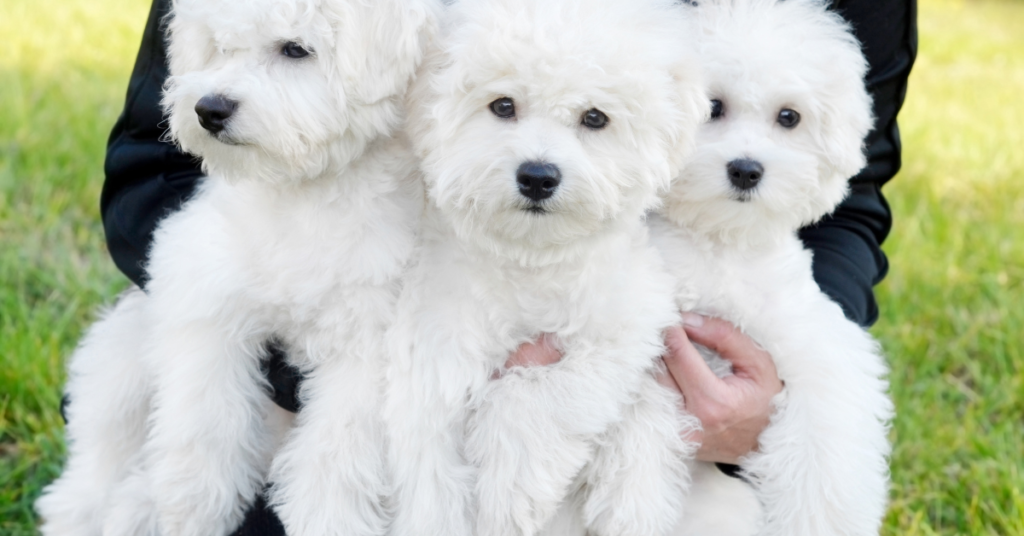
Famous Bichon Frises
Bichon Frises have appeared in films, commercials, and even the arms of celebrities. Notable owners include Barbra Streisand and Susan Sarandon. The breed has also made a name for itself in the show world, with several winning top honors at Westminster and other dog shows. Their irresistible charm and stunning coat make them stars both on-screen and off.
Conclusion
The Bichon Frise is a joyful, intelligent, and affectionate breed that makes a wonderful companion for all types of families. Their low-shedding coat, cheerful personality, and compact size make them ideal for apartments, families with kids, and seniors looking for a loving companion. With proper care and attention, the Bichon Frise offers years of laughter, cuddles, and loyalty.


